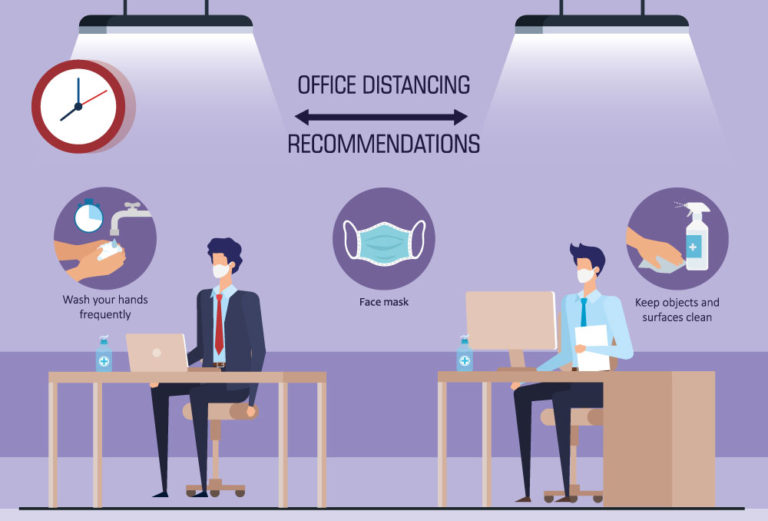Is VR The Future Of Crisis Management Preparedness?
Article written by Dani Andrews Most companies would say that the most important lesson they learned since the beginning of the pandemic was to be prepared for the unexpected. Issues like unforeseen supply chain issues and nationwide lockdowns have proven how essential it is to include crisis preparedness in training programs. Sitting down and discussing unexpected scenarios…










